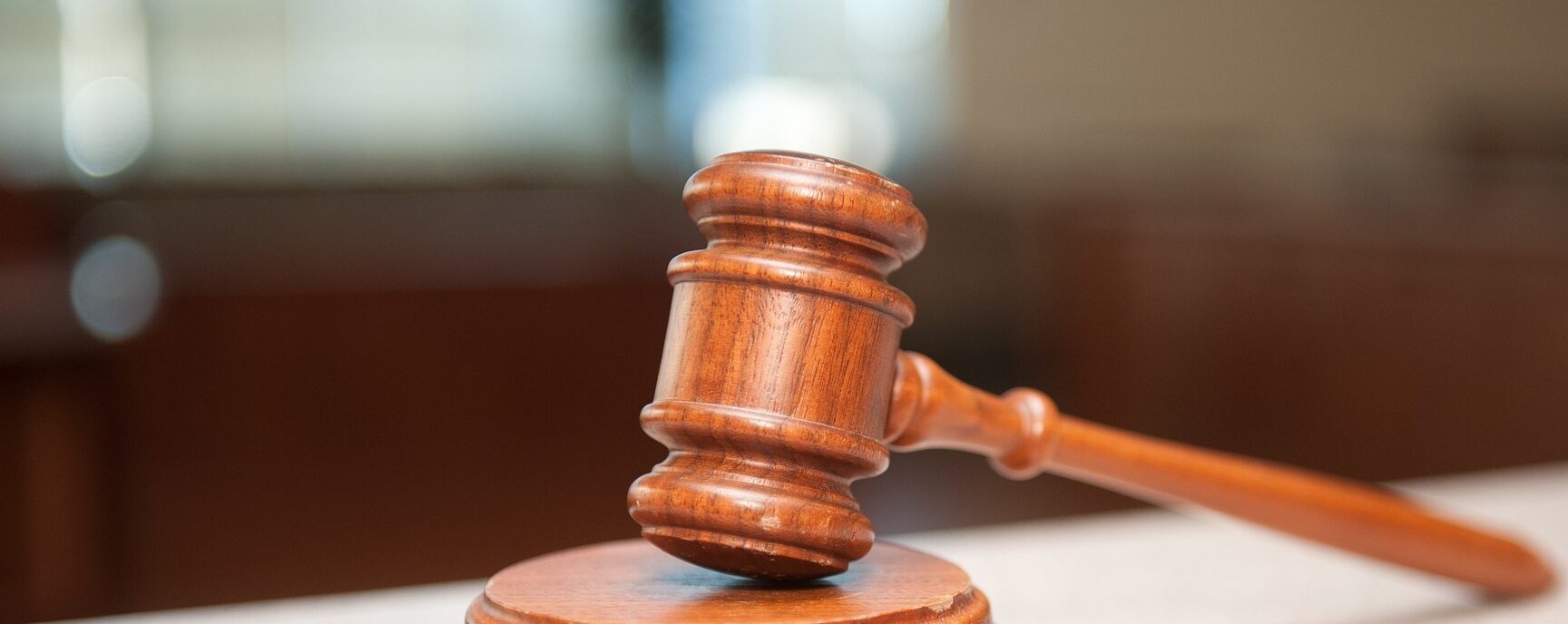The Fair Credit Billing Act (FCBA) is a federal law in the United States enacted in 1974 to protect consumers from unfair billing practices. It provides guidelines for resolving disputes related to billing errors on credit card accounts, such as unauthorized charges, incorrect amounts, or charges for goods or services not received.
Under the FCBA, consumers have the right to dispute billing errors within 60 days of receiving a statement and are not required to pay the contested amount while the issuer investigates. The law also limits consumers’ liability for unauthorized charges to a maximum of $50, offering an additional layer of financial protection.
Consumer Rights & Responsibilities Under the FCBA
Under the FCBA, consumers are granted specific rights and responsibilities to ensure fair resolution of billing disputes.
First, consumers have the right to contest billing errors, such as unauthorized charges, incorrect amounts, or charges for undelivered goods and services, by notifying their credit card issuer in writing within 60 days of receiving the statement. This written notice should include details about the error and any supporting documentation.
During the investigation, consumers are not obligated to pay the disputed amount, nor can they be penalized or reported to credit bureaus for withholding payment on that specific charge. However, consumers are responsible for paying any undisputed portions of their bill on time.
Additionally, it is critical for consumers to review their statements regularly and act promptly to address errors, as these rights hinge on meeting the required reporting timelines. By adhering to these responsibilities, consumers can ensure their protections under the FCBA are upheld.
Issuer Rights & Responsibilities Under the FCBA
Under the Fair Credit Billing Act, credit card issuers also have specific rights and responsibilities to ensure fair handling of billing disputes.
Issuers are required to acknowledge a consumer’s written dispute within 30 days of receipt and must resolve the dispute within two billing cycles, but no later than 90 days. During the investigation, issuers must provide a thorough examination of the claim and notify the consumer of the findings in writing.
If the dispute is deemed invalid, issuers must explain their reasoning and provide evidence supporting their decision. On the other hand, issuers have the right to continue charging interest on the disputed amount during the investigation, as long as they notify the consumer about this policy.
When is it Appropriate to File FCBA Claims?
It is appropriate to file an FCBA claim when a billing error appears on your credit card statement, and you believe it needs to be corrected. Examples of eligible disputes include:
- unauthorized charges
- charges for goods or services not received
- incorrect amounts charged
- failures to apply payments or credits properly
Additionally, you can file a claim if there is a mistake in your account statement, such as a transaction being listed twice. To initiate the process, you must submit a written dispute to the issuer within 60 days of the date the statement containing the error was sent, ensuring to include all necessary details supporting your claim.
How Do I File a Claim?
To initiate an FCBA claim, cardholders must send a written notice to their credit card issuer detailing the billing error. This notice should include the cardholder’s name, account number, a description and dollar amount of the disputed charge, and the reason for the dispute.
It is critical to send the dispute to the issuer’s designated billing inquiry address, not the payment address, to ensure proper handling. Cardholders should also submit this notice within 60 days from when the statement containing the error was mailed.
To protect their rights, it is recommended to send the dispute via certified mail with a return receipt, allowing proof of submission and confirmation of delivery if needed.
